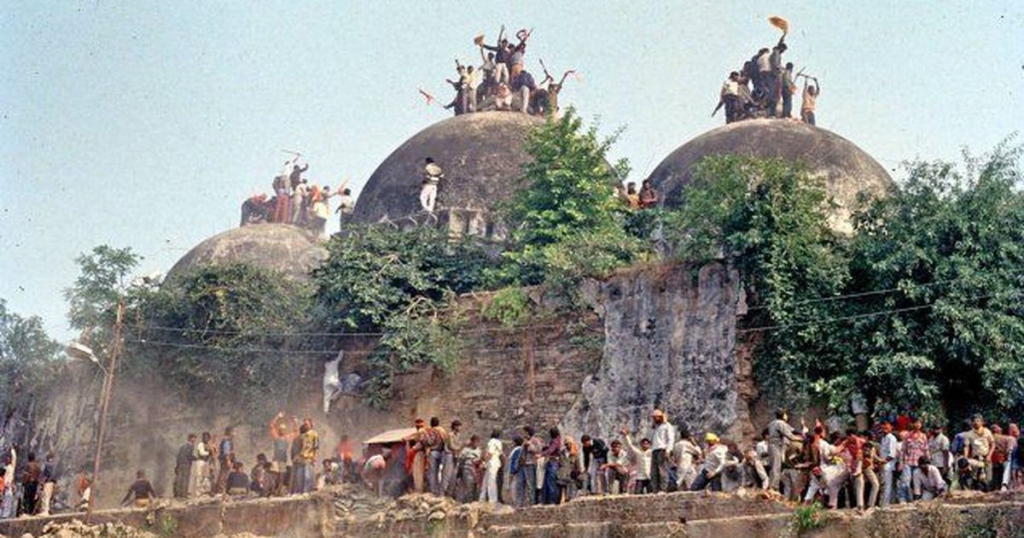The Supreme Court of India has today dismissed an intervention petition by CJP with 32 prominent citizens in the Ayodhya dispute matter. The intervention petition had prayed that the court not view this as a mere property dispute, but a matter that affects the very soul of India. We had also urged the court to find a secular solution to the dispute instead of a religious one.
Signatories to the intervention petition included Aparna Sen, Shyam Benegal, Anil Dharkar, Medha Patkar, Aruna Roy, Anand Patwardhan, Teesta Setalvad, Cyrus Guzder, Sohail Hashmi, John Dayal, Kumar Ketkar, Dolphy D’ Souza, Kiran Nagarkar, MK Raina and Joy Sengupta among others.
We had filed our petition in the SC in December 2017. In our intervention application, we had traced the hate-filled campaign that laced the demands for the construction of the temple, quoted from the Liberhan Commission of Inquiry and urged that India see a secular and constitutional solution to a festering conflict that was politically motivated to twist and manipulate religious sentiments. Along with CJP’s Interventions, a total of 32 Intervention Applications were dismissed.
CJP respects the Supreme Court’s decision. We would however, urge our allies and supporters to not give up hope. The solution to all conflicts that are perpetrated on the ground lies with the people… in building bridges of harmony, rationality and communication. This is a small setback and CJP will continue to launch public campaigns for communal harmony and peace in Ayodhya. And there is so much we can still do.
Even now a communal Rath Yatra is making its way across India with the objective of mobilising support for building a Ram Temple at the disputed site in Ayodhya. There should have been no space for such a move while the case lies before the Supreme Court for adjudication. The entire agenda of this (2018) Rath Yatra is to polarise people along communal lines and perpetuate the politics of hate. We urge citizens to not let such insidious tactics divide them. We urge people of India to unite and protest peacefully and creatively against this Rath Yatra. We need to have a mass re-education movement around the politics of communalism and regenerate India’s centuries old, vivid syncretic traditions.
Every neighbourhood needs to build a strong Mohalla (Neighbourhood) Committee, consisting of citizens, academics, artists, activists, doctors and the police and administration. Such Committees must build bridges of communication with the administration and police to ensure that these men and women in positions of power function Constitutionally, without fear or favour, ensuring the equality of all citizens – irrespective of caste, gender, community, colour or race – before the law.
CJP’s commitment to secularism, harmony and justice remains strong.

